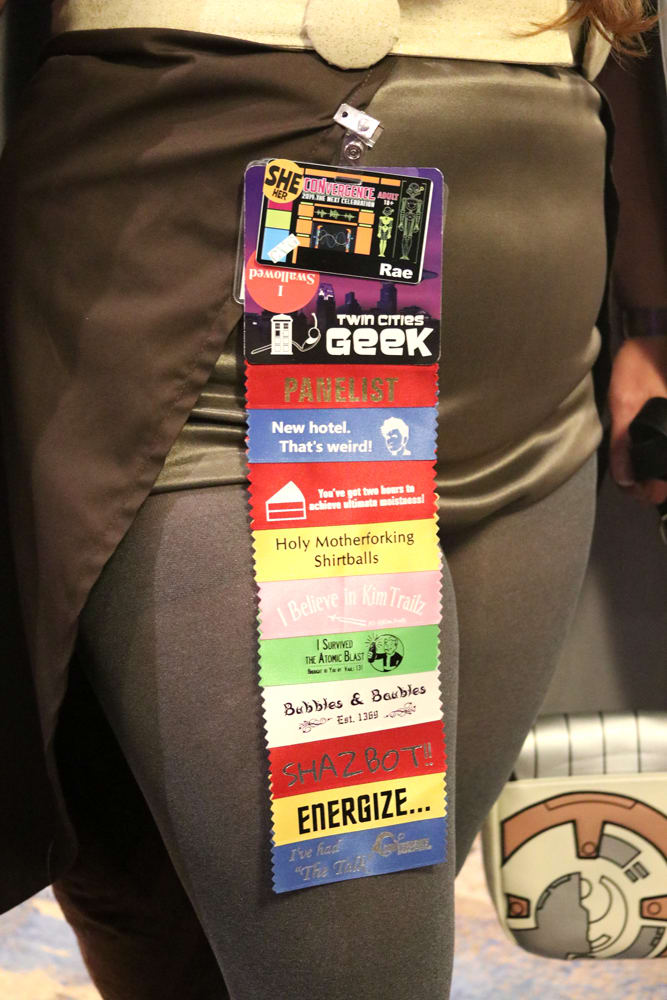Tessa A 🔸
Bio
Let's make nice things with biology. Working on nucleic acid synthesis screening at IBBIS. Also into dual-use risk assessment, synthetic biology, lab automation, event production, donating to global health. From Toronto, lived in Paris and Santiago, currently in the SF Bay. Website: tessa.fyi
Posts 24
Comments202
Topic contributions30
Thanks for the post! On faruvc.org, you say:
Far-UVC is most valuable in crowded indoor spaces where people spend extended time together. Because it is based on light, it also has the strongest advantages over alternative methods like air purifiers in larger rooms, where beams of light can travel further.
The two lamps you recommend on that site are Aerolamp (500 USD for one lampp) and Nukit Torch (345 USD for 4 smaller lamps). Do you have any sense of:
- What kinds of rooms would be better cleaned by the 4 smaller lamps vs. the 1 larger lamp (and whether that's the most salient difference between Aerolamp and Nukit)?
- When it would be better to invest in a Far-UVC lamp vs. a high-CADR air purifier? I think HouseFresh is fairly trusted as a review site ― to be more concrete, who would you recommend buy a CleanAirKits Luggable over a UVC lamp?
I really liked the Rockefeller Gather Guide; the updated Rockefeller Foundation Convening Design Guide version has more on virtual events and is shorter (24 pages), so it's a fine place to start, but the older Gather: The Art and Science of Effective Convening is longer (85 pages) and as a result has more worksheets and activity ideas. I can't easily find a PDF online for the older version but happy to share over DM.
I've seen something similar done with conference badge ribbons, including at fairly stodgy trade shows. The main conference can provide a set of basic ribbons for people to choose from (e.g. roles such as "First Time Attendees", discussion topics such as "AI governance", useful information such as personal pronouns) and then attendees can print and add their own.
I can't speak for the author, and while I'd classify these as examples of suspicion and/or criticism of EA biosecurity rather than a "backlash against EA", here are some links:
- Will splashy philanthropy cause the biosecurity field to focus on the wrong risks?, Filippa Lentzos, 2019 (also linked and discussed on the forum)
- Exaggerating the risks post series, Reflective Altruism, 2022-2024
- Recent criticism specifically of AI-Bio risks, such as Propaganda or Science: Open Source AI and Bioterrorism Risk
I'll also say I've heard criticism of "securitising health" which is much less about EAs in biosecurity and more clashing concerns between groups that prioritise global health and national security, where EA biosecurity folks often end up seen as more aligned with the national security concerns due to prioritising risks from deliberate misuse of biology.
A new biosecurity-relevant newsletter (which me and Anemone put together) is GCBR Organization Updates. Every few months, we’ll ask organizations who are doing impactful work to reduce GCBRs to share their current projects, recent publications, and any opportunities for collaboration.
I was part of a youth delegation to the BWC in 2017, and I think the greatest benefit I got was that it raised my aspirations. I'm not sure I'd previously conceived of myself as the sort of person who could speak at the UN. I also heard an expert bowing out of dinner early because they had to go finish their slides for the next day, and realized there isn't some upper echelon of governance and society where everyone is hypercompetent and on top of things; even at the friggin' United Nations people are making their slides the night before.
I don't know how much of an effect this had on my decision to start a biosecurity meetup the next year and eventually transition to full-time biosecurity work, but I think it played a role. There are other benefits too; Schelling-point NGO networking, collecting lived-experience stories that make your understanding of diplomacy more vivid, and creating a pressure of prior consistency that increases the chance of that a delegate will continue to work on biosecurity (YMMV on whether the last item is a benefit).
+1 on "specialist experts are surprisingly accessible to enthusiastic youth", cf some relevant advice from Alexey Guzey
Thanks for this comment, and thanks to Nadia for writing the post, I'm really happy to see it up on the forum!
Chris and I wrote the guidance for reading groups and early entrants to the field; this was partly because we felt that new folks are most likely to feel stuck/intimidated/forced-into-deference/etc. and because it's where we most often found ourselves repeating the same advice over and over.
I think there are people whose opinions I respect who would disagree with the guidance in a few ways:
- We recommend a few kinds of interpersonal interventions, and some people think this is a poor way to manage information hazards, and the community should aim to have much more explicit / regimented policies
- We recommend quite a bit of caution about information hazards, which more conservative people might consider an attention hazard in and of itself (drawing attention to the fact that information that would enable harm could be generated)
- We recommend quite a bit of caution about information hazards, which less conservative people might consider too encouraging of deference or secrecy (e.g. people who have run into more trouble doing successful advocacy or recruiting/fostering talent, people who have different models of infohazard dyanmics, people who are worried that a lack of transparency worsens the community's prioritization)
- We don't cover a lot of common scenarios, as Nadia noted in her comment
(Side note: it's always both flattering and confusing to be considered a "senior member" of this community. I suppose it's true, because EA is very young, but I have many collaborators and colleagues who have decade(s) of experience working full-time on biorisk reduction, which I most certainly do not.)



A small update on each of these project ideas, for the end of 2025:
Overall, I must say I'm pretty happy that several of these project ideas ended up getting picked up by volunteers based on the forum post! I should yeet ideas that I don't have time to work on onto the internet more often.